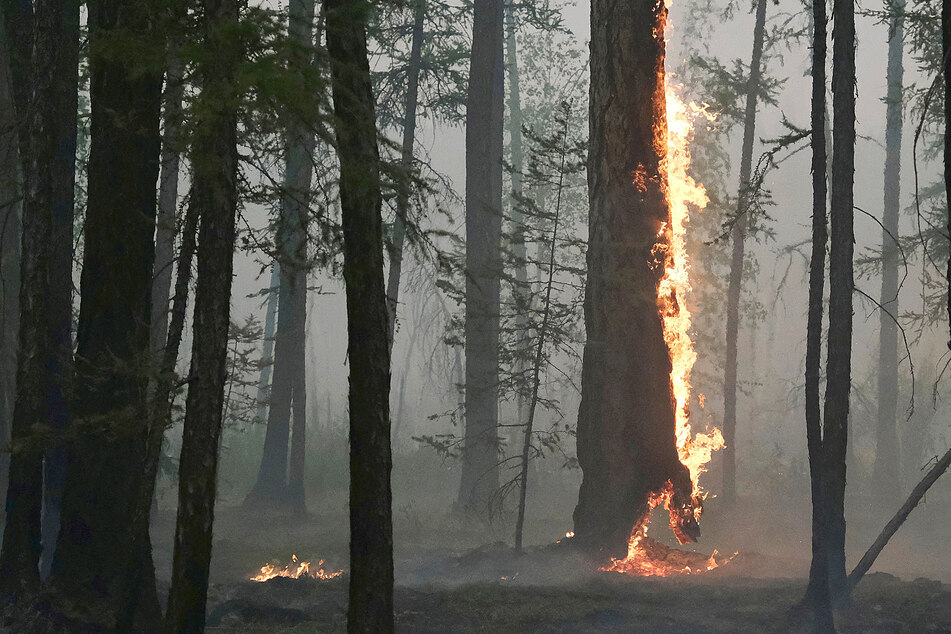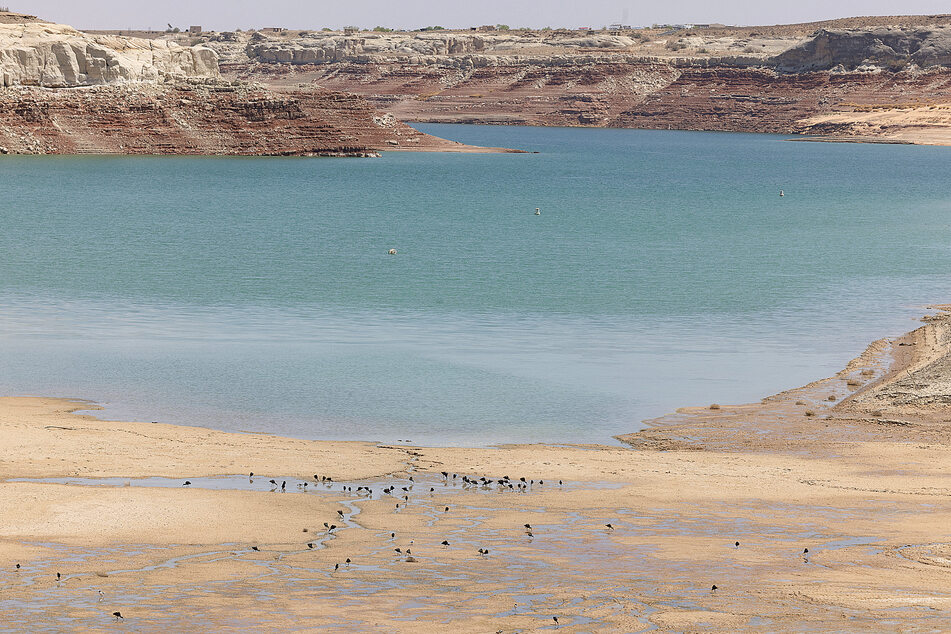Climate change: The many ways it's already impacting your life and what's still to come
New York, New York - Climate change can be vague and feel far away, but it has some very real impacts on our lives – and some of them are very much already here.

In the next years and decades, the climate crisis will drastically change how you live. According to the World Health Organization, by 2050, deaths related to changes in our environment will increase by 250,000 each year.
But when you think about local effects, it can be helpful to start with the basics of survival.
If you've ever watched an action movie, or even the show Survivor, then you know what the top priorities are:
- shelter
- food
- water
Which one is the most important will be different depending on where you live, but there are already clear signs of what to expect across the country.
Wet and rainy places will likely get wetter, especially on the East Coast. Tropical storms will keep rolling in, with warmer ocean water powering them up to more intense levels, as seen with Hurricane Ida.
On the other hand, the places that are already toasty will get dryer, and we're already seeing the increase in wildfires along the megadrought-stricken West Coast.
If you don't have the option to move away from the worst effects of climate change, then it could be helpful to know what to prepare for.
Incoming impacts

- Heat-related injury and disease:
We usually turn to AC to stay cool in the summer, but as summer temps get hotter, it can cause power outages, like it already is in the early heatwaves thrashing India and Pakistan.
Warmer temps also mean disease-carrying swarms of mosquitos and pesky ticks are on the rise, which the Environmental Protection Agency says will increase the risk of Lyme disease and other insect-borne sickness.
It doesn't stop with mosquitos and ticks, though. Nature published research showing how climate change pushes species closer together, and makes those animals rub elbows with us.
The team found that by 2070, there will be 15,000 cases of disease jumping species, and some of those will be a jump to some unlucky human.
And that means that the climate crisis will make pandemics like Covid-19 much more likely.
- Your kidneys and heart:
According to The Guardian and Forbes, your kidneys and your heart are already feeling the burden of a shifting environment, and as the shifts get worse, the risk of kidney problems and heart disease will increase.
- A mind is a terrible thing to lose:
A 2017 report in Psychological Science found that people are already dealing with anxiety about how our planet is changing. Anyone who experienced natural disasters caused by climate change have to deal with their share of mental challenges, too, and those experiences are slated to happen more often and more intensely in the years to come.
- Your poor lungs:
According to a study published in PNAS, allergy season has been getting steadily worse since 1990, and plants are pumping out more pollen for longer each year.
If you battle allergies, be prepared for a heftier struggle. Add the dropping air quality due to increased pollution from fossil fuel use, and your poor lungs have their work cut out for them.
There is still time to act, though, and the Intergovernmental Panel on Climate Change already released a playbook of solutions we need to roll out quickly to stop the worst of these effects.
Cover photo: REUTERS

